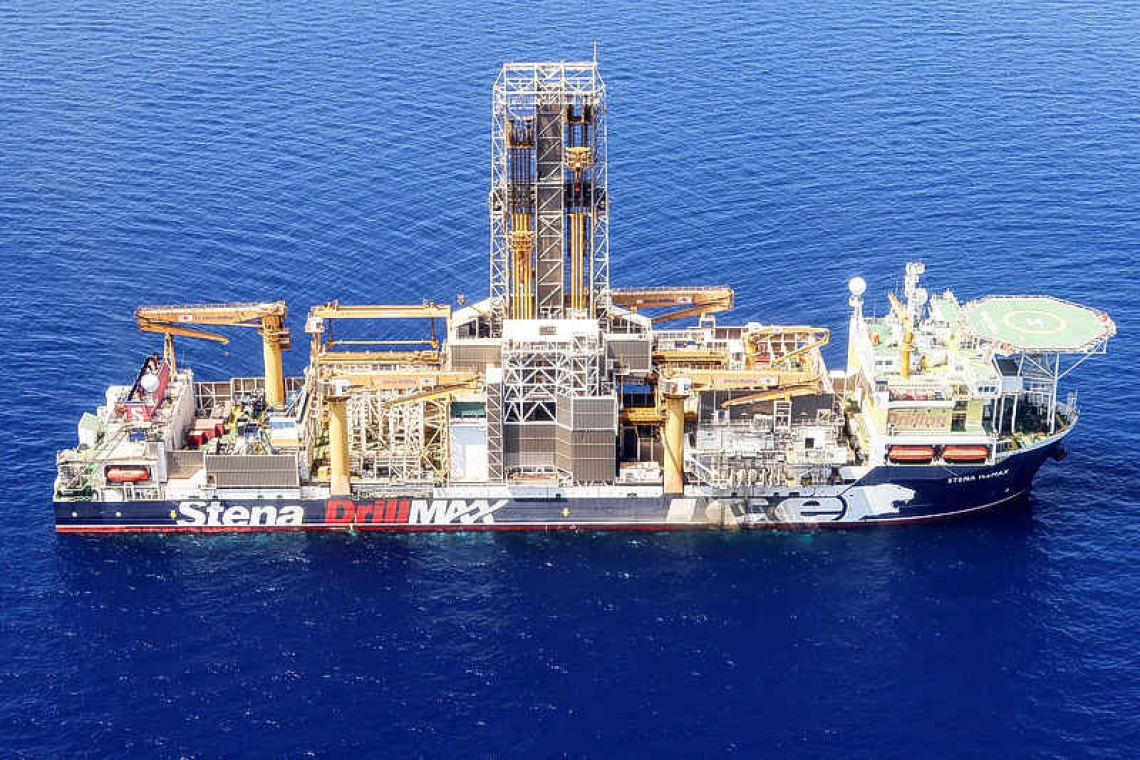HAIFA, Israel--Israel is boosting offshore natural gas output and aims to reach a supply agreement with Europe in the coming months as the continent looks to replace Russian supply.
The country is on track in the next few years to double production to about 40 billion cubic metres (bcm) from about 20 bcm as it expands current projects and brings new fields online, industry officials say.
Israel currently supplies its own market and through a local network of pipelines exports to neighbours Egypt and Jordan, while much of the additional gas is earmarked for Europe. "The hope is to create a relatively fast working process and already during the summer to reach a framework agreement," said Lior Schillat, director general of Israel's Energy Ministry, during a recent visit to the drill ship at Karish, a gas field some 90 km off Israel's coast due to come on line later this year.
Its owner, London-based Energean, recently discovered more deposits nearby. "At the beginning it will be small amounts and slowly, as production and delivery capacities rise, (the amounts) will increase," Schillat said.
Agreements like this, he said, are usually first reached between governments and deals are then finalised in the private sector. Realistically this would help Europe no sooner than 2024, he said, without specifying which countries or groups would potentially be involved.
Choosing a supply route is a challenge which requires navigating the region's politics, but one option would be to export to Europe via liquefaction plants in Egypt and then pipe it north via pipelines which are in various planning stages. A floating liquefied natural gas (FLNG) facility also being discussed would allow shipments to Europe directly from Israel.
Other possibilities include the proposed Eastmed pipeline, an ambitious and costly project that would connect the gas fields to mainland Europe, or a shorter pipeline to Turkey. Egypt is the quickest route to Europe, an FLNG would offer independence from any transit country, while a direct pipeline would provide the cheapest end-consumer price but take longer to build, gas consultant Gina Cohen said in a report presented to both Israel's Foreign Ministry and the European Parliament.







